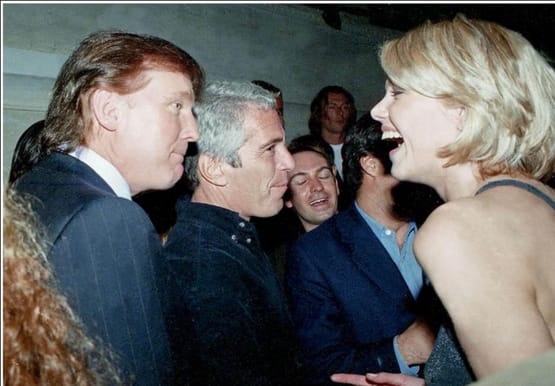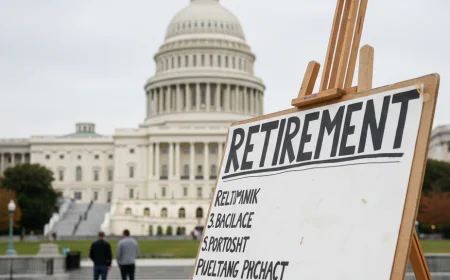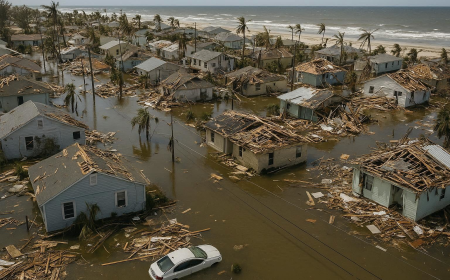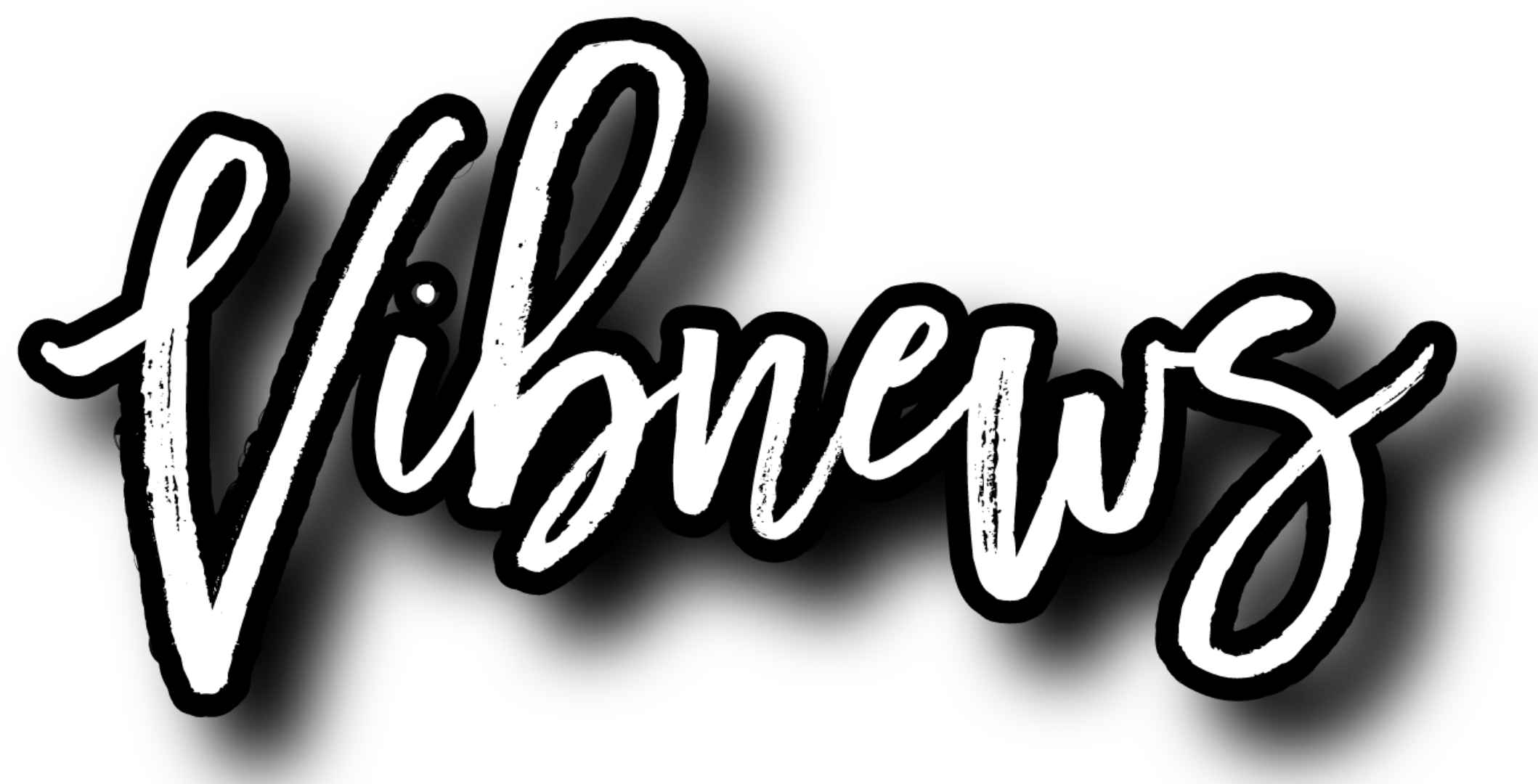The Art of Opinion: Navigating Expression in a Complex World

In a world inundated with information, the expression of opinion has become both an art and a necessity. As individuals navigate the complexities of social, political, and cultural landscapes, the ability to articulate one's thoughts and beliefs has never been more critical. The expression of opinion serves as a reflection of personal identity, a means of instigating change, and a vehicle for fostering dialogue. However, with the rise of polarized perspectives and echo chambers, the manner in which we express and engage with opinions has significant implications for society.
### Understanding the Role of Opinion
Opinions are subjective interpretations of information, experiences, and beliefs. They shape our understanding of the world and influence our interactions with others. In democratic societies, the freedom to express opinions is a fundamental right, underpinning the principles of free speech and open discourse. This freedom allows individuals to challenge prevailing narratives, advocate for marginalized voices, and contribute to the collective understanding of complex issues.
However, the subjective nature of opinion also presents challenges. What one person views as a well-founded belief may be perceived by another as misinformation or bias. This divergence in perspective can create friction, particularly in an age where social media amplifies voices and fosters rapid dissemination of information. As opinions collide, so too does the potential for misunderstanding and conflict.
### The Impact of Polarization
In recent years, the phenomenon of polarization has intensified, with individuals increasingly aligning themselves with like-minded groups. This trend is often fueled by social media algorithms that prioritize content reinforcing existing beliefs. As a result, diverse opinions are drowned out in favor of echo chambers, where dissenting views are not only discouraged but sometimes vilified. This bifurcation of opinion can lead to a breakdown in civil discourse, as individuals become entrenched in their positions and less willing to engage with opposing viewpoints.
The implications of polarization extend beyond personal relationships; they permeate political processes, community interactions, and even workplace dynamics. When people are unwilling to consider alternative perspectives, the potential for collaborative problem-solving diminishes. In an increasingly interconnected world, the need for nuanced understanding and constructive dialogue is paramount.
### The Importance of Constructive Dialogue
To navigate the complexities of opinion expression, individuals must prioritize constructive dialogue. This involves not only articulating one’s own beliefs but also actively listening to others. Engaging with differing perspectives can illuminate blind spots and foster a more comprehensive understanding of issues. It is essential to approach conversations with empathy and an openness to learn, rather than a desire to win an argument.

Educational initiatives that promote critical thinking and media literacy are vital in cultivating environments where constructive dialogue can thrive. By equipping individuals with the skills to analyze information critically, we empower them to discern credible sources from misinformation, thereby fostering informed opinions. Additionally, encouraging respectful discourse in educational settings and community forums can help bridge divides and promote understanding.
### The Role of Media in Shaping Opinion
Media plays a crucial role in shaping public opinion, acting as both a conduit for information and a platform for diverse voices. However, the reliability of media sources can vary significantly, leading to the potential spread of misinformation. In an era of "fake news," individuals must cultivate discernment when consuming information. This entails seeking out reputable sources, fact-checking claims, and being wary of sensationalist narratives.
Moreover, media organizations have a responsibility to uphold journalistic integrity by providing balanced reporting and representing a range of viewpoints. Ethical journalism fosters informed opinion formation and encourages public engagement with issues that matter. By prioritizing transparency and accountability, media can contribute to a more informed citizenry.
### The Personal Dimension of Opinion Expression
On a personal level, expressing one’s opinion can be both empowering and daunting. The fear of backlash or social alienation can inhibit individuals from sharing their thoughts, particularly on contentious issues. Cultivating a supportive environment, whether in personal relationships or professional settings, is essential to encouraging open expression. Leaders and influencers can play a pivotal role in modeling respectful discourse, demonstrating that differing opinions can coexist without animosity.
Individuals should also recognize the power of vulnerability in opinion expression. Sharing personal experiences and the reasoning behind one’s beliefs can humanize discussions and foster empathy. In a time when divisive rhetoric often dominates, authenticity can be a powerful tool for connection.
### Conclusion: A Call for Thoughtful Engagement
In conclusion, the expression of opinion is a fundamental aspect of human interaction, influencing both individual identity and societal dynamics. As we navigate the complexities of our interconnected world, it is imperative to approach opinion expression with thoughtfulness and a commitment to constructive dialogue. By prioritizing empathy, critical thinking, and respectful discourse, we can create a more inclusive environment that values diverse perspectives.
As individuals and communities, we must recognize the power of opinion—not only as a means of self-expression but as a catalyst for understanding, growth, and change. In doing so, we can foster a culture where dialogue flourishes, enriching our collective experience and driving progress in an increasingly complex world.
Comprehensive Global Context and Expert Insights
Taking a broader perspective on this matter reveals that it is part of a larger, interconnected series of global events. The nuances involved require a balanced analysis that considers historical context alongside immediate impacts. Observers suggest that as more data becomes available, the long-term significance of this development will become clearer, potentially influencing policy and public perception across various regions. Our editorial team remains dedicated to monitoring these trends closely, ensuring that our readers receive the most accurate and in-depth information as the situation continues to unfold in the coming months.
Article written by: Julian Thorne
What's Your Reaction?
 Like
0
Like
0
 Dislike
0
Dislike
0
 Love
0
Love
0
 Funny
0
Funny
0
 Angry
0
Angry
0
 Sad
0
Sad
0
 Wow
0
Wow
0

























































:max_bytes(150000):strip_icc():format(webp)/iphone-17-pro-d7ae6571d5b147ab8312e83b4d30a5a9.jpg)
























